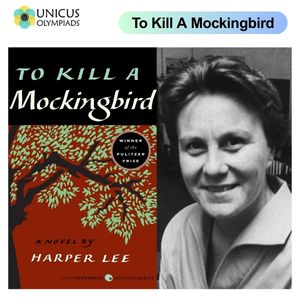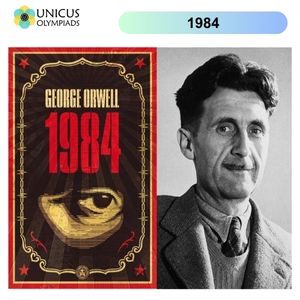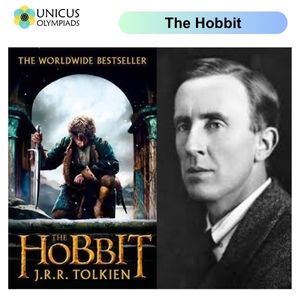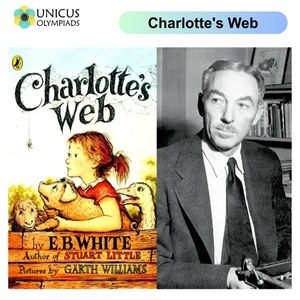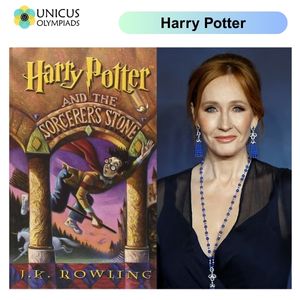

This section explores how certain stories impart valuable life lessons, such as bravery, fairness, and critical thinking. Through engaging narratives and compelling characters, these stories offer readers the opportunity to reflect on essential virtues that shape human behaviour and society.
